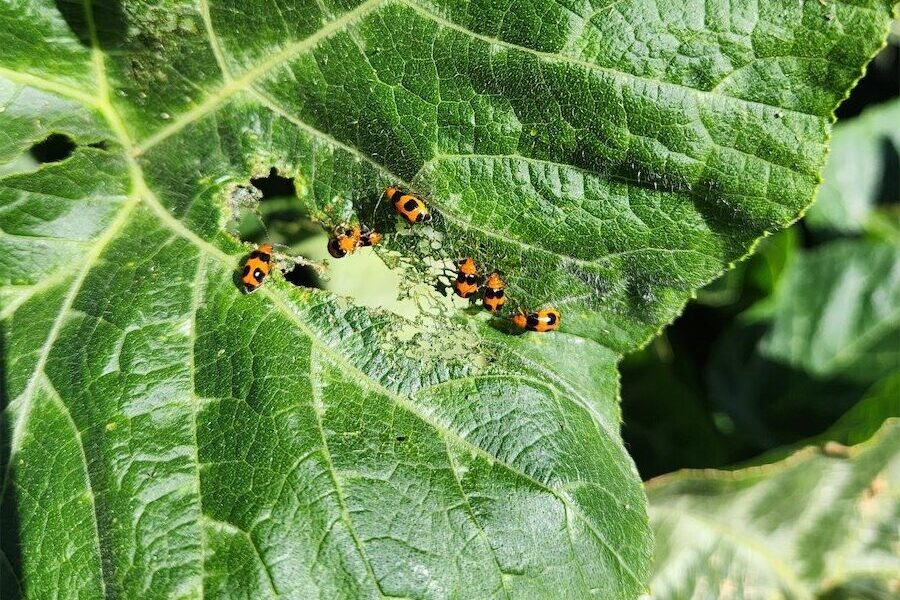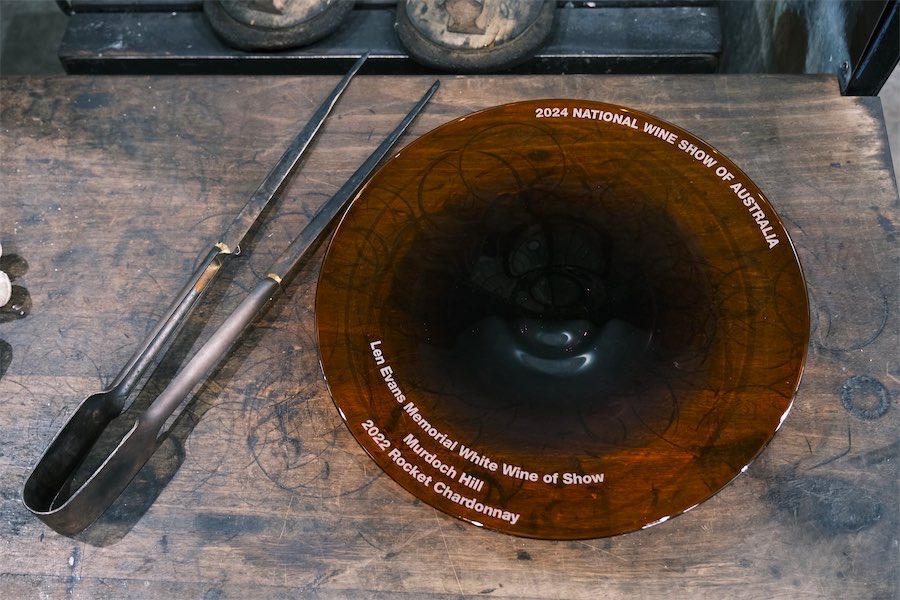 CHOCOLATE is one of the most commonly craved foods and the demand for chocolate worldwide is increasing.
CHOCOLATE is one of the most commonly craved foods and the demand for chocolate worldwide is increasing.

Over the past decade there has been emerging evidence about the health benefits of chocolate, but do these benefits outweigh the negatives? Is chocolate good or bad?
Pros
Raw cocoa (often called cacao) has very high levels of polyphenols. Polyphenols are a large group of chemicals, which may have beneficial effects on cardiovascular health through a range of physiological effects, including:
- Lowering blood pressure – Many studies have observed reductions in blood pressure after eating raw cocoa and dark chocolate. Moderate dark chocolate consumption is also linked to long-term lower blood pressure.
- Reducing inflammation – Laboratory tests of cocoa polyphenols have demonstrated anti-inflammatory responses and a moderate consumption of cocoa polyphenols has shown to reduce inflammatory markers in the blood of human subjects.
- Lowering cholesterol – Animal and human studies of polyphenols derived from cocoa have shown reduced LDL (unhealthy) cholesterol and increased HDL (healthy) cholesterol.
- Improving brain health – Cocoa polyphenols may increase blood flow to the brain, resulting in improvements for memory, mood, vision and mental processing.
It all sounds pretty good! So why aren’t we eating chocolate at every meal?
Cons
- Processing – Chocolate is made from the beans of a cacao fruit tree. The beans are fermented, dried, cleaned, roasted and ground to make cocoa and cocoa butter. Unfortunately, about 70-90 per cent of the polyphenols in raw cocoa are lost during these processes. Most of the milk chocolate you’ll get on the supermarket shelf will be low in polyphenols.
- Sugar and fat – In order to make chocolate deliciously sweet and melt in your mouth, manufacturers have to add sugar and fat. This dramatically increases the calories and dilutes the amount of cocoa and polyphenol that you end up eating.
The bottom line
While there are some health benefits of the polyphenols found in raw cocoa, chocolate is a processed food. Many things have happened to the cacao bean between the farmer and your chocolate bar. Processed foods should be a small part of our diet.
Chocolate is not “good” or “bad” and eating it won’t make you “good” or “bad”. I love chocolate and definitely believe that it can be included in a balanced diet, just not every day. Look at your week as a whole and decide on a few occasions when you’d really like to enjoy some chocolate.
Enjoy your chocolate.
- Pick a chocolate that you really like, rather than eating whatever is available.
- Choose a darker chocolate. It will have more polyphenols and the rich taste helps to prevent overeating.
- Consciously put a portion on a plate and put the rest away.
- Avoid distractions. Step away from your work, turn off the TV and put your phone down. Focus on how much you enjoy this food.
- Eat slowly and enjoy every mouthful. Completely finish one bite before you pick up the next.
Clare Wolski is a practising dietitian at The Healthy Eating Hub, call 6174 4663. healthyeatinghub.
Who can be trusted?
In a world of spin and confusion, there’s never been a more important time to support independent journalism in Canberra.
If you trust our work online and want to enforce the power of independent voices, I invite you to make a small contribution.
Every dollar of support is invested back into our journalism to help keep citynews.com.au strong and free.
Thank you,
Ian Meikle, editor







![Michael Bennett reckons he’s discovered the focal point and connecting image of the bush capital – Telstra Tower atop Black Mountain.
“I slowly figured out that I was seeing [the Telstra Tower] over and over again, especially from Banks,” says Michael.
“That amazed me so much that I thought, ‘if I can see it from Banks, I can see it from just about anywhere’, and so I started taking photos of the tower.”
Michael’s curiosity stemmed from a map of Canberra.
Despite living here since the age of two, he realised there were many suburbs that he just hadn’t seen.
To read the rest of Michael's story, visit our website at citynews.com.au or tap the link in our bio! 📸
#canberranews #citynews #localstories #canberrastories #Citynews #localnews #canberra #journalism #canberracitynews #storiesthatmatter #canberralocals #telstratowercanberra #telstratower](https://scontent.cdninstagram.com/v/t39.30808-6/479498898_1172278498241035_1301680519954749830_n.jpg?stp=dst-jpg_e35_tt6&_nc_cat=109&ccb=1-7&_nc_sid=18de74&_nc_ohc=5T1hd0tjIhgQ7kNvgE3sFcp&_nc_oc=AdiZbDqMzjwWUYlJKF3dd9l7QXaSokarxELQ7J2sZTUPnAp-PF4VPQxLozqMBd_xxDc&_nc_zt=23&_nc_ht=scontent.cdninstagram.com&edm=ANo9K5cEAAAA&_nc_gid=AYCeCn18gzjWp2aumTKjrJi&oh=00_AYByn_o2QSzZkP70pkMYk52NT7SaVRb2cIW1JP81VguXgA&oe=67C06D13)
Leave a Reply